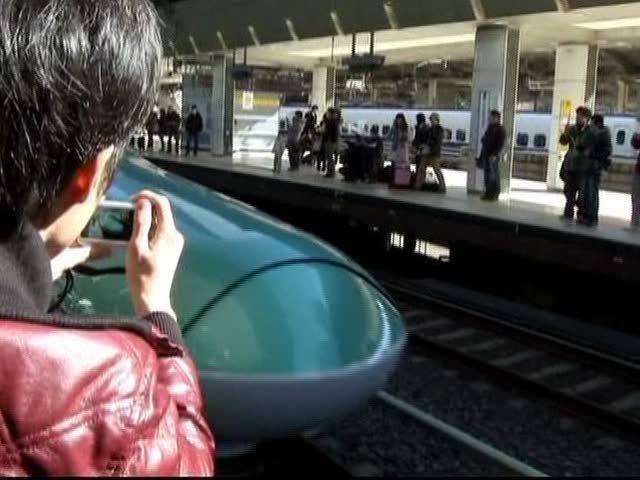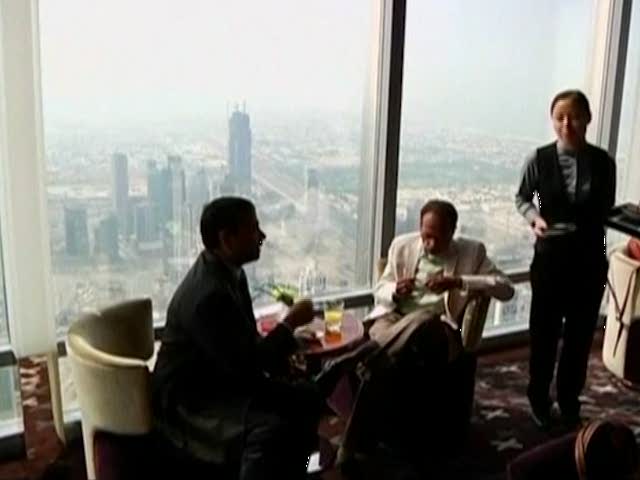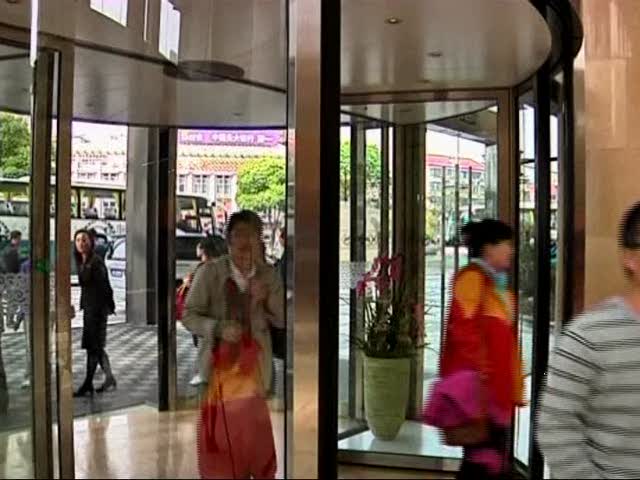The legal issue is the degree to which law limits company_s discretion in licensing its intellectual property.
Published:
14 February 1999 y., Sunday
On Feb. 23, the curtain goes up on the other big high-tech trial in Washington, D.C.--the Federal Trade Commission_s case against Intel Corp. Compared with the Microsoft Corp. trial, this dispute will seem less dramatic. On its face the case addresses concerns about Intel_s contracting policies; the real legal issue, however, is the degree to which antitrust law limits a tech company_s discretion in licensing its intellectual property. The speed with which new technology comes to market depends upon the industry_s ability to sidestep intellectual property conflicts using licensing and cross-licensing agreements; thus, any limits the FTC imposes on the right to negotiate and enter into these agreements could affect the industry significantly. Intellectual property (patents, copyrights and trademarks) is the only truly bankable product the high-tech industry produces. In many instances, its value can be realized only when it is combined through licenses and cross-licenses with intellectual property owned by others. Often thousands of technology patents, copyrights and trademarks held by hundreds of companies are licensed and cross-licensed to produce a single product. Given the thicket of intellectual property rights in this industry, even giants such as Intel, Microsoft and Compaq Computer Corp. cannot deploy new technologies without first licensing intellectual property. Intel, like many high-tech companies, regularly conditions the granting of a license to its technology on the licensee_s willingness to grant Intel a reciprocal cross-license to use the licensees technology. This has created a highly efficient, barter-based market that has helped clear away the potential infringement claims that might delay the deployment of new technology. The FTC became involved when one of the participants refused to barter. Workstation manufacturer Intergraph Corp. (Huntsville, Ala.), which had acquired the Clipper RISC (reduced instruction set computing) processor from National Semiconductor Corp., refused to cross-license certain Clipper-related technologies to Intel -even though Intergraph had licensed Intel_s technology. Intergraph eventually sued Intel for patent infringement, and Intel revoked Intergraph_s license. Other Intel dustups involving Compaq and Digital Equipment Corp. apparently prompted the FTC to act.
Šaltinis:
Internet
Copying, publishing, announcing any information from the News.lt portal without written permission of News.lt editorial office is prohibited.
The most popular articles
 Most EU countries continue to meet deadlines for incorporating single market rules into national law, contributing to economic growth and job creation.
more »
Most EU countries continue to meet deadlines for incorporating single market rules into national law, contributing to economic growth and job creation.
more »
 Japanese officials unveil their new bullet train, capable of travelling at speeds of 320 km per hour (198 miles per hour).
more »
Japanese officials unveil their new bullet train, capable of travelling at speeds of 320 km per hour (198 miles per hour).
more »
 The first International Security Technology Exhibition, KIPS 2011, will be held on 23-26 February 2011 in Kiev (Ukraine). The motto of the exhibition is ‘There can never be too much security!’
more »
The first International Security Technology Exhibition, KIPS 2011, will be held on 23-26 February 2011 in Kiev (Ukraine). The motto of the exhibition is ‘There can never be too much security!’
more »
 The world's highest restaurant opens in Dubai, United Arab Emirates, located 400 metres above ground in Burj Khalifa, the world's tallest tower.
more »
The world's highest restaurant opens in Dubai, United Arab Emirates, located 400 metres above ground in Burj Khalifa, the world's tallest tower.
more »
 The rights of consumers will be clarified and updated, whether they shop at a local store or buy goods on line, under new EU rules as amended by the Internal Market Committee on Tuesday.
more »
The rights of consumers will be clarified and updated, whether they shop at a local store or buy goods on line, under new EU rules as amended by the Internal Market Committee on Tuesday.
more »
 MEPs on Wednesday gave their green light for the Council to conclude an Interim Economic Partnership Agreement with Papua New Guinea and Fiji, two countries of the Pacific Region with significant exports to the EU.
more »
MEPs on Wednesday gave their green light for the Council to conclude an Interim Economic Partnership Agreement with Papua New Guinea and Fiji, two countries of the Pacific Region with significant exports to the EU.
more »
 Report sets 10 priorities for tackling the bloc's main economic challenges, launching the first ever ‘European semester'.
more »
Report sets 10 priorities for tackling the bloc's main economic challenges, launching the first ever ‘European semester'.
more »
 China's first capsule hotel ready to open its doors in Shanghai, aims to capture slice of booming leisure budget travel market.
more »
China's first capsule hotel ready to open its doors in Shanghai, aims to capture slice of booming leisure budget travel market.
more »
 Declaration by Michel Barnier on the start of three new authorities for supervision.
more »
Declaration by Michel Barnier on the start of three new authorities for supervision.
more »
 On 1 January, Estonia adopted the euro as its official currency and the changeover is running smoothly and according to plan.
more »
On 1 January, Estonia adopted the euro as its official currency and the changeover is running smoothly and according to plan.
more »